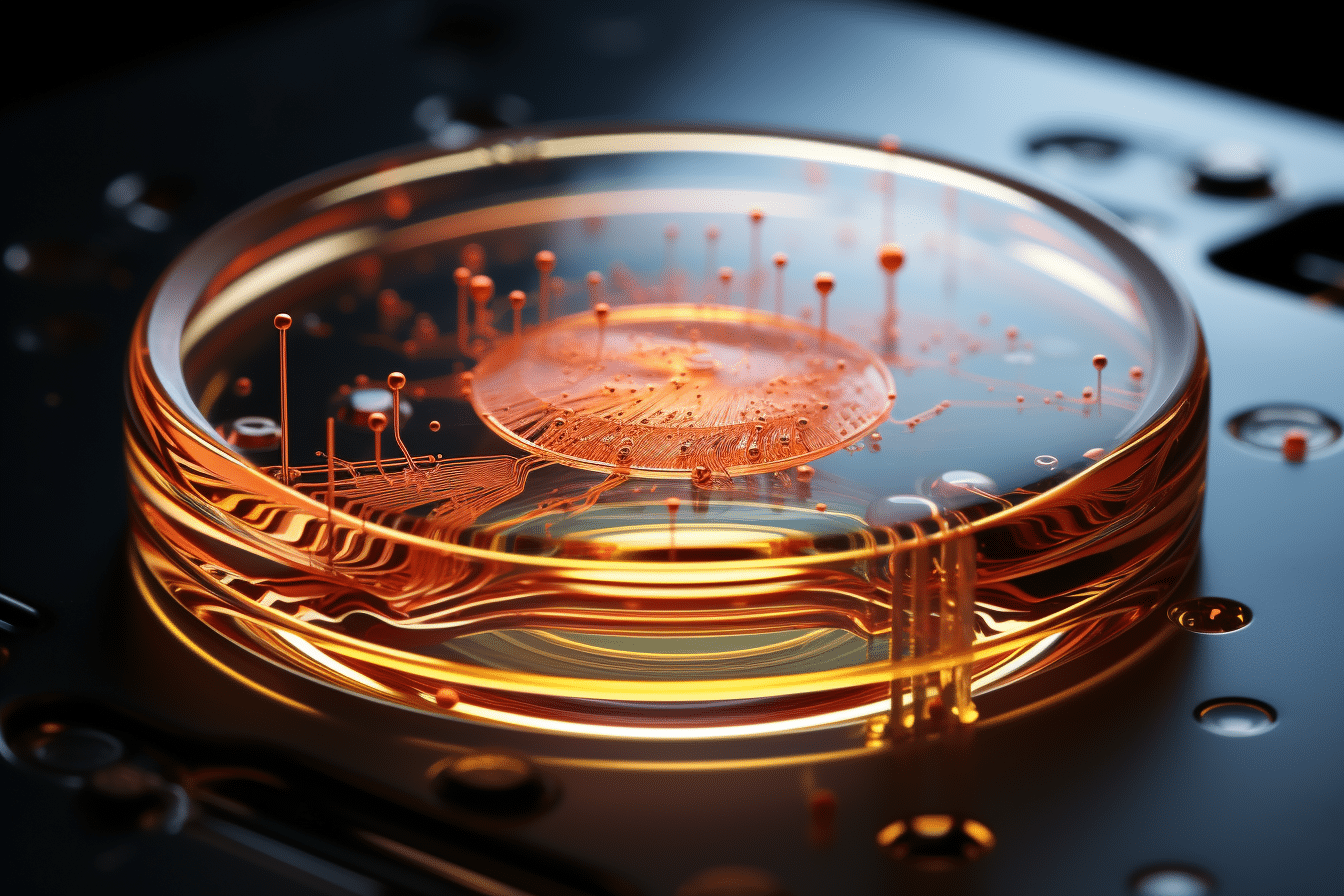The field of artificial intelligence is on the verge of a groundbreaking advancement as an Australian research project secured a substantial grant from the National Intelligence and Security Discovery Research Grants Program. The ambitious project aims to fuse human brain cells with silicon chips, creating a technology dubbed “DishBrain,” which has the potential to revolutionize machine learning.
Led by Associate Professor Adeel Razi from Monash University’s Turner Institute for Brain and Mental Health, the collaboration with Melbourne-based startup Cortical Labs seeks to unlock the capabilities of “continual lifelong learning” and transform the landscape of AI-powered devices.
A Step Towards Biological Computing
The research project’s primary objective is to grow a staggering 800,000 human brain cells onto silicon chips, an endeavor that promises to push the boundaries of current AI systems.
Unlike traditional silicon-based hardware, DishBrain shows the potential to surpass performance by imitating the plasticity and adaptability of the human central nervous system.
This unique combination of biological and artificial elements could pave the way for devices that continually learn and adapt, without compromising their existing knowledge.
Outpacing Traditional AI Systems
The use of human brain cells in computing brings several advantages that could disrupt the AI industry. DishBrain aims to achieve “continual lifelong learning,” a feat currently beyond the capabilities of conventional AI systems.
While current AI technologies reach a plateau in their learning capacity, DishBrain’s biocomputing approach opens up the possibility of constantly acquiring new skills and adapting to novel tasks. Additionally, this technology offers greater energy efficiency compared to its purely inorganic counterparts.
Implications and Collaborations
The potential applications of DishBrain extend far beyond the realm of AI. Associate Professor Razi emphasizes that this revolutionary technology could have far-reaching implications in diverse fields such as planning, robotics, advanced automation, brain-machine interfaces, and drug discovery. With such versatility, Australia stands to gain a significant strategic advantage on the global stage.
The groundbreaking project is a result of seamless collaboration between Monash University’s researchers and Cortical Labs, a forward-thinking startup in the field of biocomputing. Last year, the team attracted attention by showcasing their “synthetic biological intelligence” in a classic computer game, Pong. Building on that success, they now aim to take DishBrain to unprecedented heights.
Generous Grant Fuels Research
The National Intelligence and Security Discovery Research Program has recognized the immense potential of DishBrain and awarded the research team a grant of nearly $600,000 AU (approximately $400,000 US).
This financial boost will propel the researchers closer to their goal of creating AI machines that replicate the learning capacity of biological neural networks. The grant will also support scaling up the hardware and methods necessary for DishBrain to become a viable replacement for traditional in silico computing.
A Glimpse into the Future
The implications of DishBrain could reshape the landscape of technology as we know it. From drones and wearables to autonomous vehicles, devices powered by continual learning could usher in a new era of innovation. While there is much work to be done, the funding received serves as a testament to the project’s promise.
If successful, DishBrain may reshape AI and, in turn, revolutionize countless fields, solidifying Australia’s position at the forefront of technological innovation. As we look towards the future, the ultimate learning machine awaits its moment to shine.




